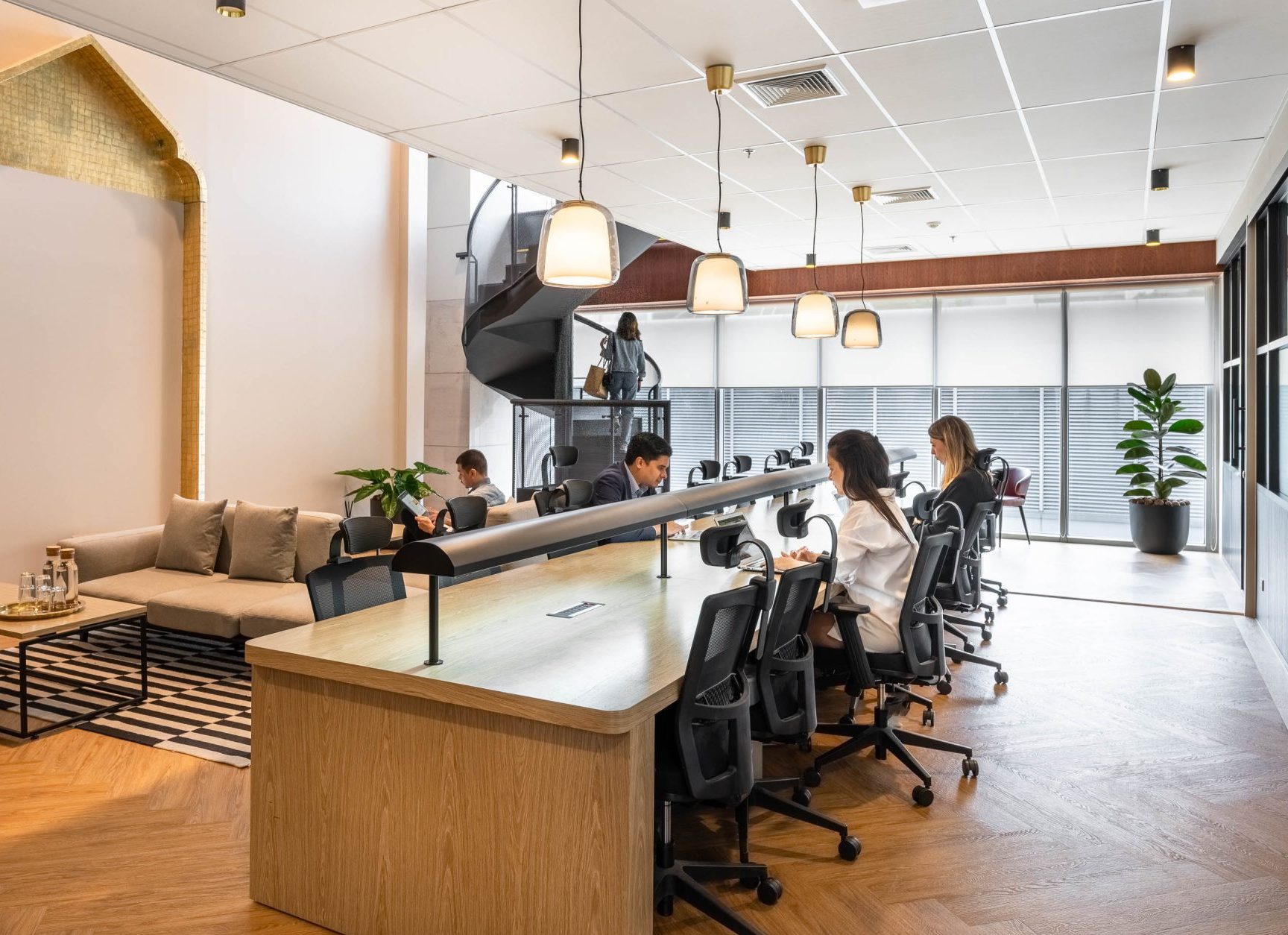For companies that need a new winning strategy to advance their business, changing company culture might be the answer.
Why change company culture if you’re already a success? Well, for some, like Amazon, they might want to listen to critics and change their culture for the sake of Amazon employees as well as their partners. For less criticised corporations, like Microsoft, well maybe they just want to provide a better environment for their co-workers while also ensuring that work is done as efficiently as possible (and they don’t collapse from the inside).
When Microsoft’s third CEO, Satya Nadella, took over the reins at the technology giant, he made renewing the company culture his highest priority. Apart from internal politics, innovation was also taking a hit due to bureaucracy. Microsoft was losing out to more innovative and popular brands like Apple and Samsung, while their own products were basically copycats piggybacking these brands. Nadella wanted to get out of this rut and changed the company culture from “know it all†to a “learn it all†culture and mindset.

Courtesy: Common Ground Mutiara Damansara
The result: Nadella brought up Microsoft’s market value from $300 billion in 2014 to $1 trillion in 2019. In part, this may be due to shifting the main focus from the company’s Windows products to cloud computing and Artificial Intelligence. However, it might not have been successful without the changes to company culture.
How To Change Company Culture With A Growth Mindset
The change that Nadella brought to Microsoft is identified as the Growth Mindset. Although Microsoft had always been considered a market leader (if only just by name alone), the new CEO did not want to be stuck in a “fixed mindset†where they thought they already knew everything. It was crucial to change to a “growth mindset†and to learn as much as possible to keep up with changing trends. Instead of being a company where everyone was constantly trying to prove that they were the best, they focused more on improving themselves.
The NeuroLeadership Institute (NLI), which worked with Microsoft in helping the company change, describes the growth mindset as the thinking that skills are improvable and not set in stone. In order to improve themselves across the board, the senior leadership team at Microsoft received guidance from NLI on figuring out which leadership principles to focus on. However, because research has shown that exhaustive lists make it harder for goals to be achieved, NLI helped ensure that the new principles were short and easy to remember. According to NLI’s approach, the principles should be:
-      Pithy: short and succinct
-      Easy to recall and use on a regular basis
-      Coherent: the principals are consistent and form a unified whole
At the end of the exercise with NLI, Microsoft focused on 3 main leadership principles that are easy to remember and apply.
Interestingly, the principles could be shortened into phrases of just two words, i.e.:-
-
Create clarity 2. Generate energy 3. Deliver success
How’s that for a motivational poster?
Destroy Your Company’s Iconic Practices If You’re Serious About Changing Its Culture
 From what’s observed from the Microsoft change, is that change needs to be signaled in an obvious way. Former Twitter VP Bruce Dalsey of eatsleepworkrepeat.com identified 3 takeaways from Microsoft:-
-
Repeating what’s changing, and repeating it a lot, helps co-workers remember the new direction
2. Signal the change by constantly doing things differently, for example by cancelling stiff meetings or changing up the office dress code
3. Changing the culture to being a more emotive one signals that the change is not just on paper and isn’t just about the bottom line
Dalsey also cites Herminia Ibarra, an organisational behaviour professor at London Business School, on changing company culture. Ibarra acknowledges how organisational structure can be hard to change due to deep-rooted practices and how intangible “change†can be. Based on her ongoing research, Ibarra deduces that to truly implement change, companies need to identify their own “iconic practices†and completely destroy – or, at least, dramatically rework them. The continuance of these practices will send mixed messages about the company’s desire to change, both to company employees as well as to outsiders.

Courtesy: Pexels / A.Fotos
 In an article for MIT Sloan Management Review, Ibarra mentions how Edgar Schein, a former MIT professor known for his work on organisational development, noted that iconic practices in an organisation create and maintain what’s known as “inclusion boundariesâ€Â. These refer to whether one is considered to be in the inner circle of a company, or if they are out of this circle, or if they are one of those who are tolerated but not really part of the clique. This is bad for an organisation as it could hamper much needed change when a company grows or faces new threats, says Ibarra.
Some recommendations outlined by Ibarra on what companies need to stop doing in order to establish positive change within the organisation:-
-      Leaders need to determine what cultural changes are needed in order for co-workers, across all levels and discipline, to collaborate more effectively
-      Leaders need to model the changes themselves as there needs to be an alignment between what they say the changes are and how they are applying the changes themselves
-      Leaders need to have the courage to eliminate outdated cultures, no matter how iconic it has become for their companies
In a digital age where even corporate giants can crash if they choose to remain outdated, companies need to identify what should be changed in order to not fall behind while also providing a good workplace culture for employees – that will eventually attract good talents as well. This helps facilitate innovation and better performance for the company as well as employees overall.
Adopt a “growth mindset†to learn as much as possible to keep up with the latest trends which will enable you and your company to work better together. Find out how to join our vibrant and growing community of diverse and driven minds by dropping us a message at +60 11-5631 9888 over on WhatsApp, or email us at info@commonground.work
#AmbitionLivesHere











